What is COP?
The UN's yearly climate COP conferences are a key opportunity to push for progress on climate change. But what does COP actually stand for and what happens at these conferences?

The UN's yearly climate COP conferences are a key opportunity to push for progress on climate change. But what does COP actually stand for and what happens at these conferences?
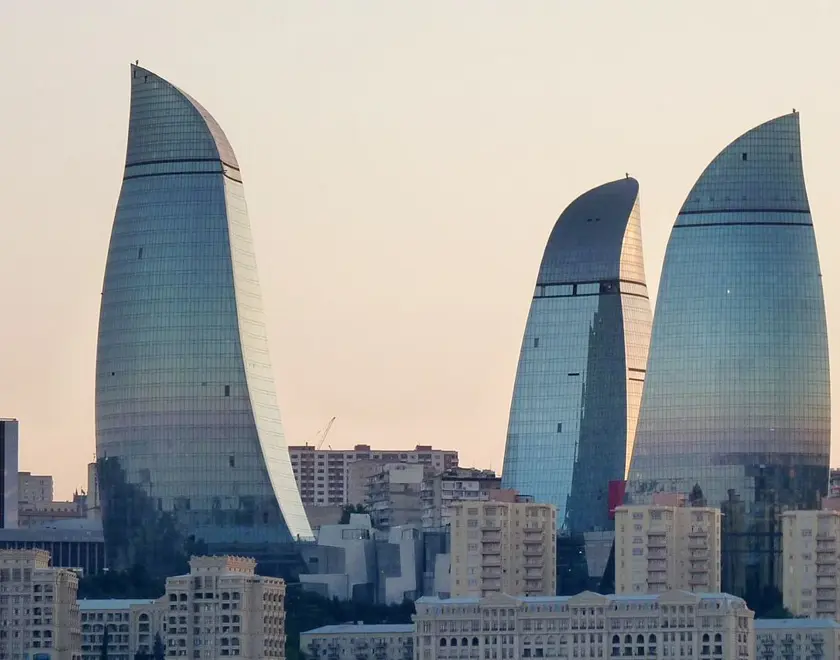
The Conference of the Parties (COP) is a yearly meeting between the 198 countries (‘Parties’) who have agreed to participate in the United Nations Framework Convention on Climate Change (UNFCC).
During the Conference, representatives from these 198 countries meet to:
COP Conferences take place once a year. The focus of the Conference is to review international progress against the commitments set out in the UNFCC and the Paris Agreement and agree measures to further implement both of these instruments.
The COP Conference revolves around events, meetings, negotiations and debates, bringing together delegates from governments (‘Parties’ to the Convention) as well as representatives from non-governmental organisations, the private sector, financial institutions and community organisations.
The COP Conferences are an important opportunity for the international community to put in place measures to mitigate the harm caused by climate change.
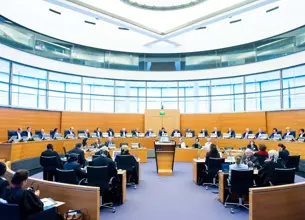
The UN Framework Convention on Climate Change was created in 1992 and took effect in 1994 with the aim of creating an international response to climate change by limiting average global temperature increases and the subsequent impact on the climate system.
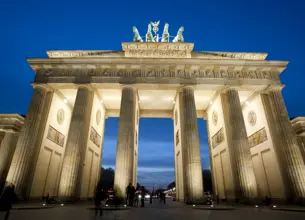
The first Conference of the Parties took place in Berlin in 1995.

In 1997, the Kyoto Protocol was adopted at COP3, setting emission targets for developed countries for the first time.
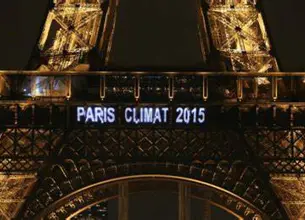
In 2015, the Paris Agreement was adopted at COP21, setting out a commitment to limit the rise in global temperatures to below 1.5°C over pre-industrial levels. Implementing the Paris Agreement has been the focus of COP Conferences since 2015.
Each year, the COP Conference is a chance to galvanise innovative and bold action to address the climate crisis. It provides an opportunity for positive, coordinated climate action on a global scale.
However, progress on limiting global temperature rise has been slower than we need it to be. The agreements made at previous COPs are meaningless if they are not enforced and enacted. This is why we need to see these frameworks translated into binding national laws to ensure that countries’ international commitments are fulfilled.
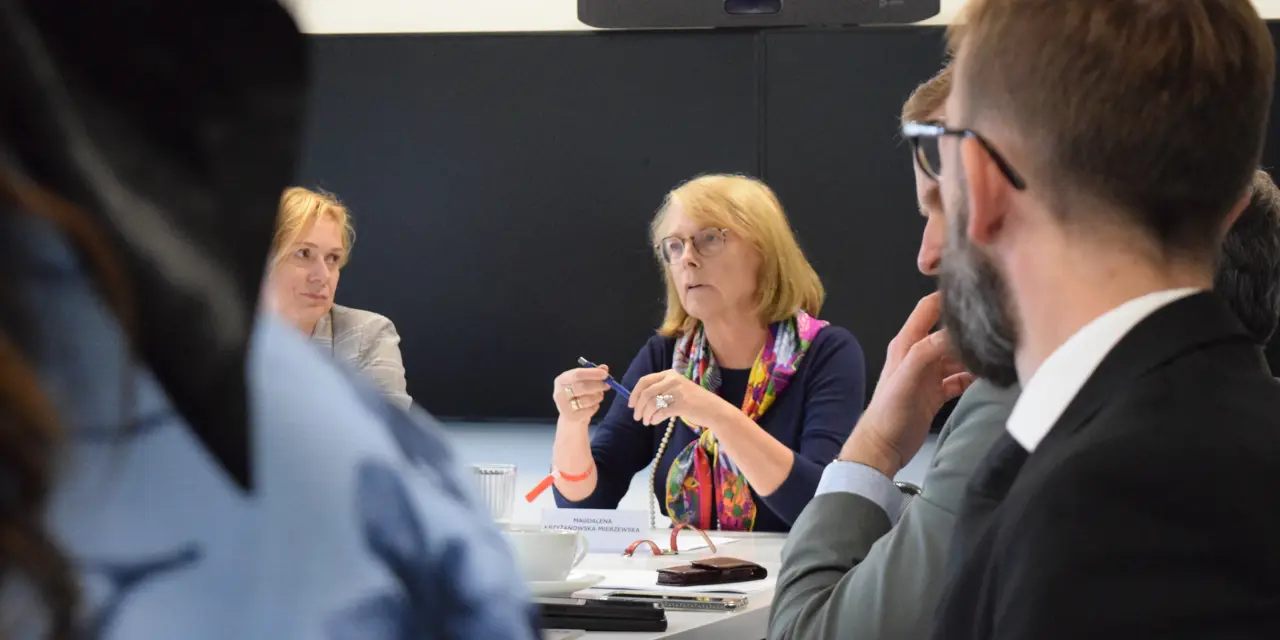
For the last few years, ClientEarth has attended COP with a small delegation of environmental lawyers, campaigners and policy experts to observe the negotiations and ensure the right legal frameworks are set out to deliver the climate action we desperately need.
We want to see countries committing and taking action domestically from their pledge at COP28’s UAE Consensus, which saw, for the first time at a COP, specific references to transition away from fossil fuels.
We are calling for the submission of pledges (called Nationally Determined Contributions or NDCs) by 2025, that are informed by the Global Stocktake and include absolute emissions reductions and cover all greenhouse gas emissions and sectors.
Ultimately, we want to see well-designed national framework laws to ensure countries' Paris Agreement commitments are implemented by COP30.

